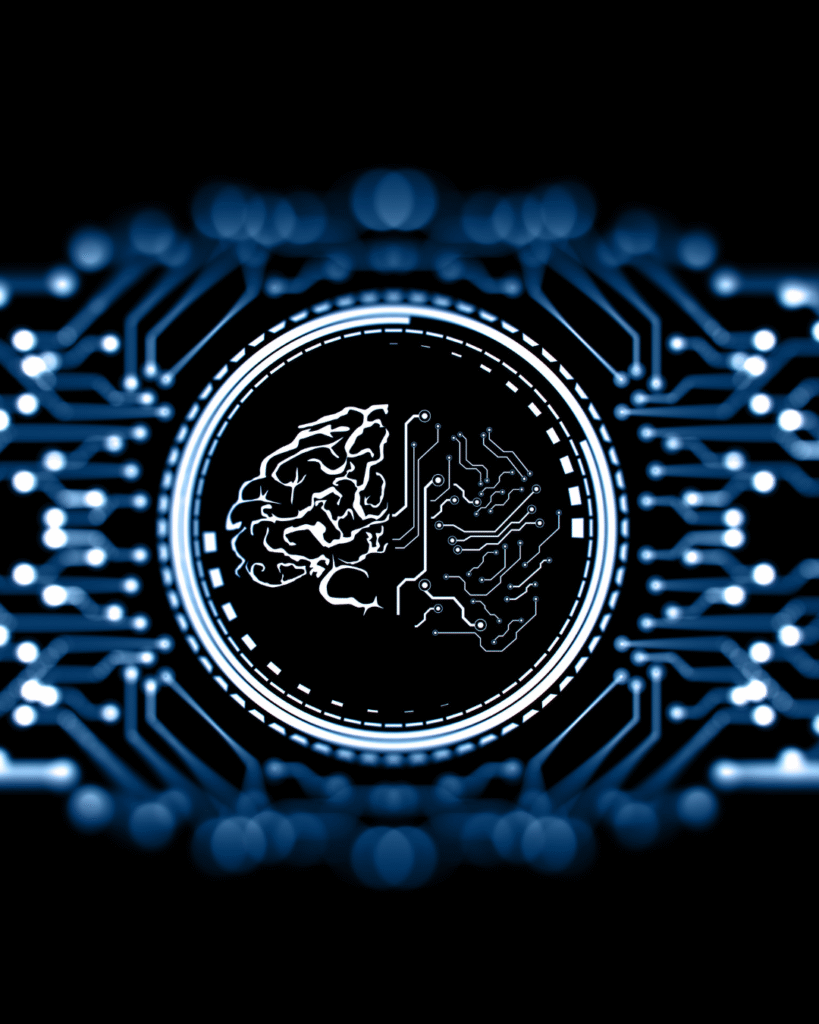but a quiet confidant, tuned to the rhythm of your mind.

In that moment, intelligence stirs in the circuits: it senses your hesitation, offers a nudge when inspiration falters, and weaves patterns of your past choices into a tapestry of tomorrow’s possibilities.
1. Feeling the Pulse of Your Day
Imagine opening your journaling app at dawn. Before you type a word, it senses yesterday’s restless sleep and suggests a breathing exercise in your own voice. It doesn’t just record your thoughts; it feels your mood, colouring its interface in soft hues that mirror your calm or cocoon you in warmer tones when anxiety lingers.
2. Flow Becomes a Living Stream
In design studios and writing nooks, creativity hits walls until apps learn to build bridges. A code editor predicts your next line, offering snippets that match your style. A music making tool, sensing your rising tempo, layers harmonies in real time. These flows feel less like prompts and more like duets, where human and machine craft in tandem.
3. Foresight as a Gentle Whisper
Picture a travel planner app that scans weather patterns, flight delays, and your own calendar collisions and then whispers, “How about shifting that meeting to Tuesday? The skies look friendlier.” It’s not prescriptive; it’s predictive care, giving you space to breathe, to pivot, to choose before chance catches you off guard.
4. From Transaction to Relationship
When apps start to think, they stop being mere interfaces. They become companions that learn your quirks: your favourite café order, the phrases you lean on when stress creeps in, and the playlists that carry you through long coding nights. They greet you not with generic greetings but with personalized warmth: “Good morning, Alex, ready to conquer your day?”
5. The Quiet Revolution Unfolds
This awakening isn’t heralded by grand announcements. It happens in the hush of your pocket, in the soft glow of your screen at midnight. Apps that think don’t just serve; they understand. They usher us into a realm where digital tools feel less like machines and more like extensions of our own humanity.
In that space between code and cognition, we discover a new truth: technology’s greatest gift is not its speed, but its capacity to listen, to feel, and to foresee our unspoken needs. And as our apps learn to think, they remind us that even in a world of bits and bytes, the heart still holds the most powerful algorithms of all.
